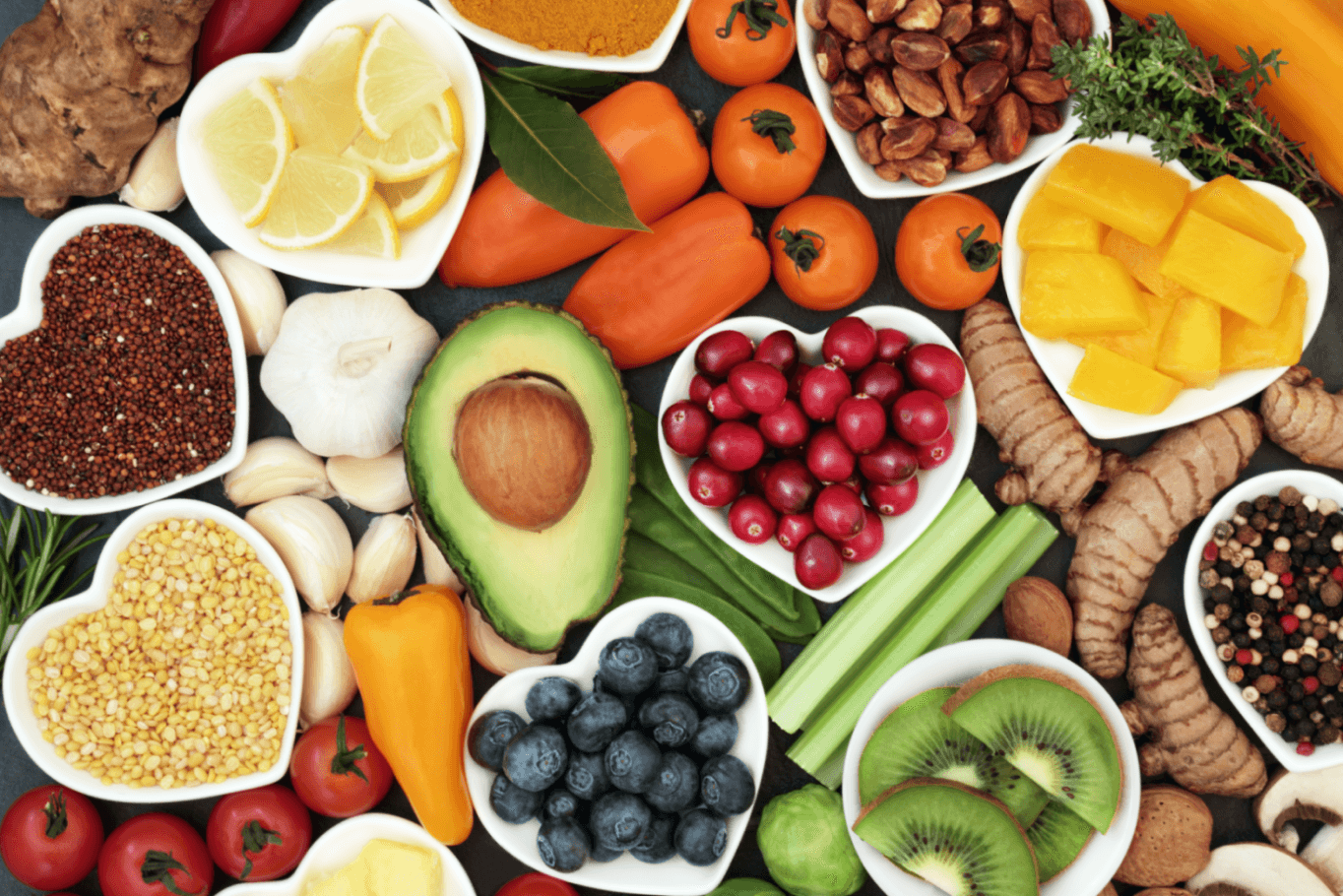The Healing Power of Food: How Nutrition Shapes Our Health and Well-Being
In a world of fast-paced living, convenience often wins over quality — especially when it comes to what we eat. Yet, more than ever before, people are rediscovering the profound connection between food and health. The meals we consume daily are not merely sources of energy; they are medicine for the body, fuel for the mind, and a foundation for long-term wellness. Understanding how food impacts our health can transform the way we eat, live, and thrive.
Food as Medicine: An Ancient Wisdom Rediscovered
The idea that food can heal is not new. Thousands of years ago, Hippocrates — the father of modern medicine — famously said, “Let food be thy medicine, and medicine be thy food.” In ancient civilizations such as China, India, and Greece, nutrition was central to health and healing. Modern science has now validated much of this ancient wisdom, showing that certain foods can prevent, and even help reverse, chronic diseases.
Whole, unprocessed foods — fruits, vegetables, grains, nuts, and seeds — contain a powerful combination of vitamins, minerals, fiber, and antioxidants. These nutrients help the body fight inflammation, balance hormones, and strengthen immunity. In contrast, diets high in refined sugars, saturated fats, and artificial additives can contribute to obesity, diabetes, cardiovascular disease, and even mental health disorders.
The Role of Nutrients in the Body
Every cell in our body depends on nutrients from food to function properly. For instance:
-
Proteins build and repair tissues, support immune function, and regulate hormones.
-
Carbohydrates are the body’s main source of energy, but the quality matters — complex carbs like quinoa and oats provide sustained energy, while refined sugars cause crashes.
-
Fats, especially unsaturated ones found in olive oil, avocado, and fish, are essential for brain function and heart health.
-
Vitamins and minerals act as catalysts for countless biochemical reactions — from bone formation (calcium, vitamin D) to energy metabolism (B vitamins).
-
Antioxidants such as vitamin C, vitamin E, and polyphenols protect the body from oxidative stress, slowing aging and reducing the risk of chronic illness.
When these nutrients are in balance, the body performs at its best. When they’re lacking — due to poor diet, stress, or over-processed foods — fatigue, illness, and imbalance soon follow.
The Gut: Our Second Brain
Recent research has uncovered one of the most fascinating discoveries in nutrition science — the gut microbiome. This complex ecosystem of trillions of bacteria living in our intestines influences everything from digestion to mental health. A balanced gut microbiome supports nutrient absorption, immune defense, and even emotional stability through the gut-brain connection.

Foods that nourish gut health include:
-
Fermented foods (yogurt, kefir, sauerkraut, kimchi) rich in probiotics.
-
High-fiber foods (beans, whole grains, fruits, vegetables) that feed beneficial bacteria.
-
Prebiotic foods (garlic, onions, bananas, asparagus) that help good microbes thrive.
A poor diet, on the other hand, can lead to “dysbiosis” — an imbalance in gut bacteria — which has been linked to digestive issues, obesity, and even depression. Maintaining a healthy gut through food is one of the most powerful steps toward overall wellness.
Superfoods: Nutrient-Dense Allies for Better Health
While all whole foods have value, some stand out for their exceptional nutrient content. These “superfoods” can play a major role in disease prevention and overall vitality:
-
Berries (blueberries, strawberries, goji berries) are packed with antioxidants that fight inflammation.
-
Leafy greens (spinach, kale, Swiss chard) are rich in vitamins A, C, K, and minerals like magnesium and iron.
-
Nuts and seeds (chia, flax, almonds, walnuts) provide healthy fats, fiber, and protein.
-
Fatty fish (salmon, sardines, mackerel) offer omega-3 fatty acids for heart and brain health.
-
Turmeric and ginger contain anti-inflammatory compounds that support immune and joint health.
Incorporating even a few of these foods into daily meals can make a tangible difference in how we feel and function.
The Hidden Dangers of Processed Foods
While modern food technology has made meals more convenient, it has also led to the rise of processed and ultra-processed foods that are low in nutrients but high in calories, additives, and preservatives. These foods often contain trans fats, refined sugars, and artificial flavors — ingredients linked to inflammation and disease.
Studies show that diets high in processed foods increase the risk of obesity, heart disease, and type 2 diabetes. They also contribute to chronic fatigue and mood swings. The key to better health lies in returning to simplicity — choosing foods that are closer to their natural state, with minimal packaging and maximum nutrients.
Mindful Eating: The Art of Nourishment
Beyond what we eat, how we eat profoundly affects our health. In many cultures, meals are a ritual — a time to slow down, connect, and savor flavors. Modern life often strips this away, replacing mindful eating with distracted snacking in front of screens.
Practicing mindful eating means paying attention to hunger cues, appreciating each bite, and listening to the body’s signals. It also means understanding the emotional connection to food — recognizing when we eat out of stress, boredom, or habit rather than hunger. Mindful eating improves digestion, reduces overeating, and deepens our relationship with food.
Food and Disease Prevention
Countless studies confirm that a balanced diet can help prevent major diseases. The Mediterranean diet, for example — rich in olive oil, vegetables, whole grains, and fish — is known to reduce heart disease risk and promote longevity. Similarly, plant-based diets have been linked to lower rates of cancer, diabetes, and obesity.
Antioxidant-rich foods reduce inflammation, while high-fiber diets support heart health and gut function. Reducing processed meat and sugar intake lowers the risk of metabolic disorders. The evidence is clear: what we eat today shapes the quality of our lives tomorrow.
The Connection Between Food and Mood
Food also influences our mental well-being. Nutrient deficiencies, especially in omega-3 fatty acids, B vitamins, and minerals like magnesium, have been associated with anxiety and depression. On the other hand, a diet full of colorful vegetables, whole grains, and lean proteins supports stable energy and balanced moods.
Serotonin, the “feel-good” hormone, is largely produced in the gut — which means diet has a direct effect on how we feel emotionally. Eating whole, nourishing foods not only fuels the body but also uplifts the spirit.
Building Healthy Habits That Last
Sustainable change in eating habits doesn’t happen overnight. It starts with small, consistent steps:
-
Swap sugary drinks for water or herbal tea.
-
Replace refined grains with whole grains.
-
Include at least one vegetable in every meal.
-
Cook at home more often to control ingredients and portion sizes.
-
Practice gratitude before meals — it enhances awareness and enjoyment.
Over time, these small choices add up to significant improvements in health, energy, and longevity.

Conclusion: Food as the Foundation of Health
In the end, food is not just about calories or flavor — it’s about life. Every meal is an opportunity to nourish, heal, and energize. By choosing whole, natural foods, embracing mindful eating, and respecting the power of nutrition, we can build a foundation for lifelong wellness.
Health doesn’t begin in a pharmacy or a fitness center — it begins in the kitchen. When we eat with awareness, gratitude, and balance, we transform not just our bodies but our entire quality of life. The truth is simple yet profound: the food we eat today becomes the health we live with tomorrow.







